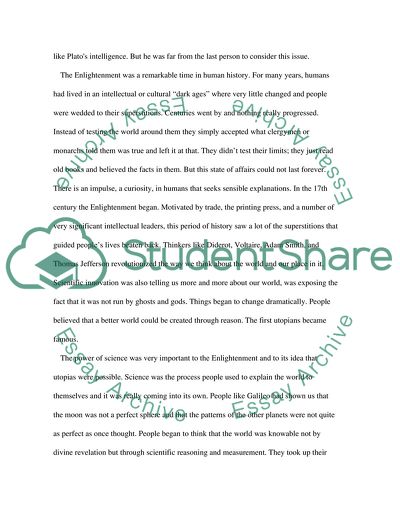Cite this document
(Idea of Ideal Societies Research Paper Example | Topics and Well Written Essays - 1500 words, n.d.)
Idea of Ideal Societies Research Paper Example | Topics and Well Written Essays - 1500 words. Retrieved from https://studentshare.org/philosophy/1744802-ideal-society
Idea of Ideal Societies Research Paper Example | Topics and Well Written Essays - 1500 words. Retrieved from https://studentshare.org/philosophy/1744802-ideal-society
(Idea of Ideal Societies Research Paper Example | Topics and Well Written Essays - 1500 Words)
Idea of Ideal Societies Research Paper Example | Topics and Well Written Essays - 1500 Words. https://studentshare.org/philosophy/1744802-ideal-society.
Idea of Ideal Societies Research Paper Example | Topics and Well Written Essays - 1500 Words. https://studentshare.org/philosophy/1744802-ideal-society.
“Idea of Ideal Societies Research Paper Example | Topics and Well Written Essays - 1500 Words”, n.d. https://studentshare.org/philosophy/1744802-ideal-society.


